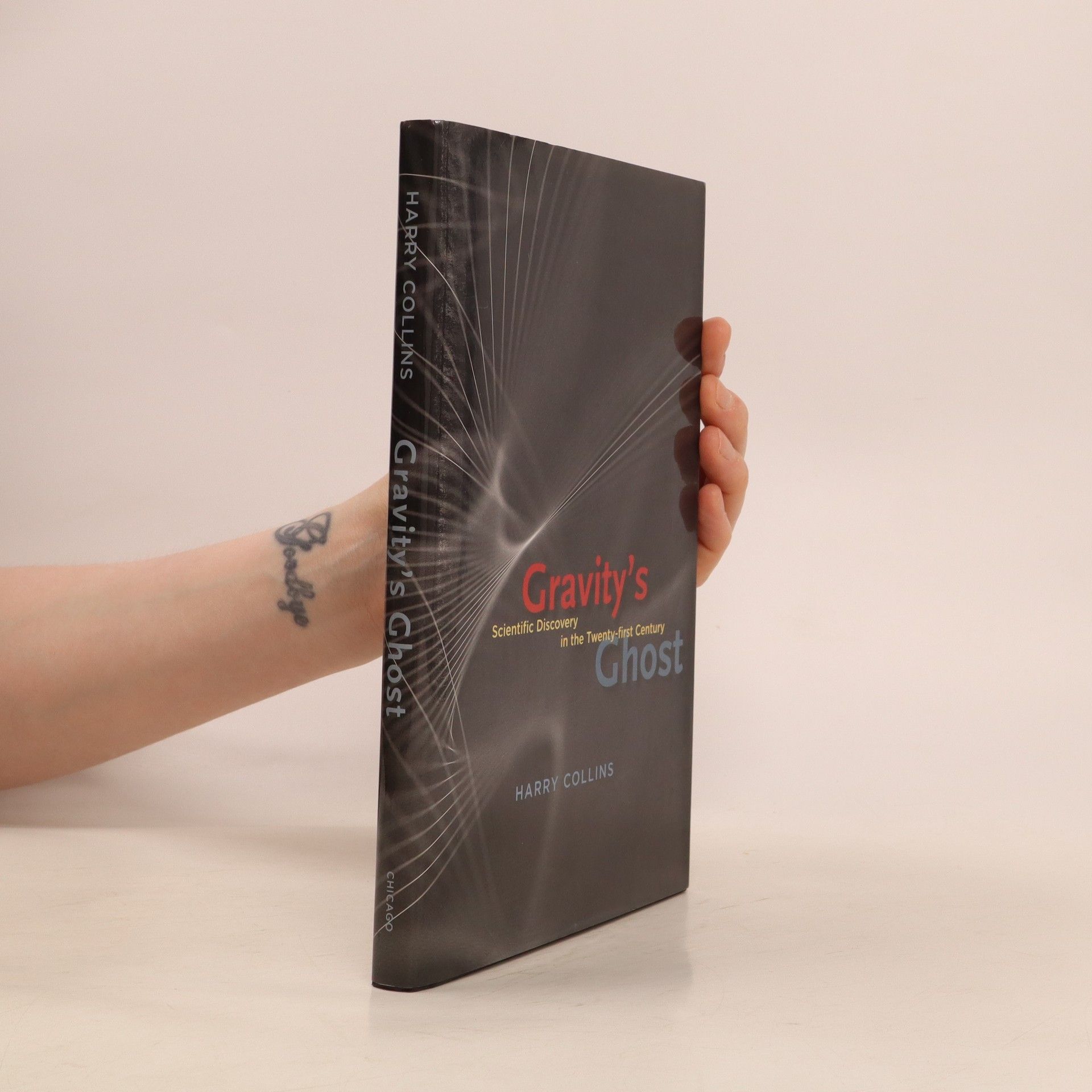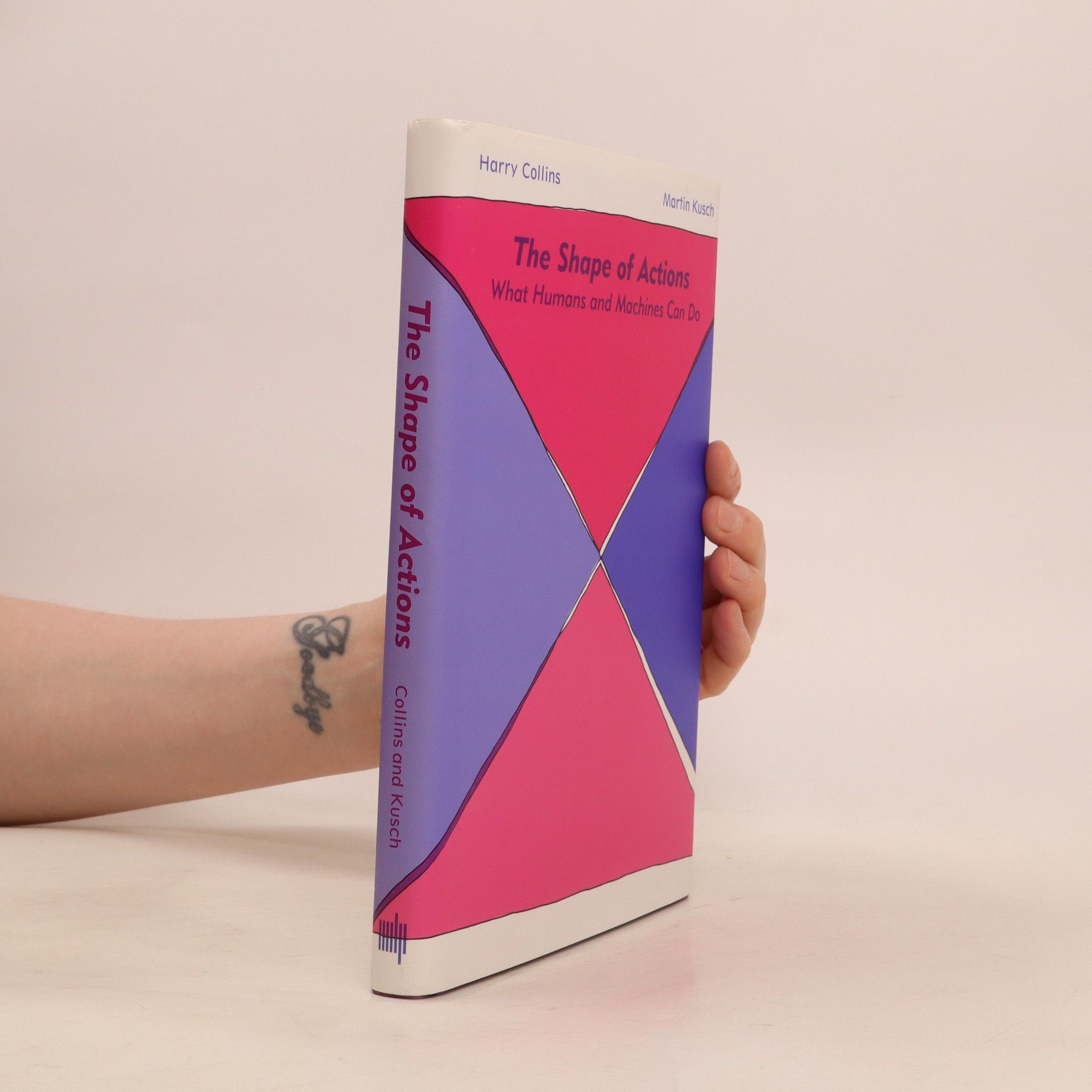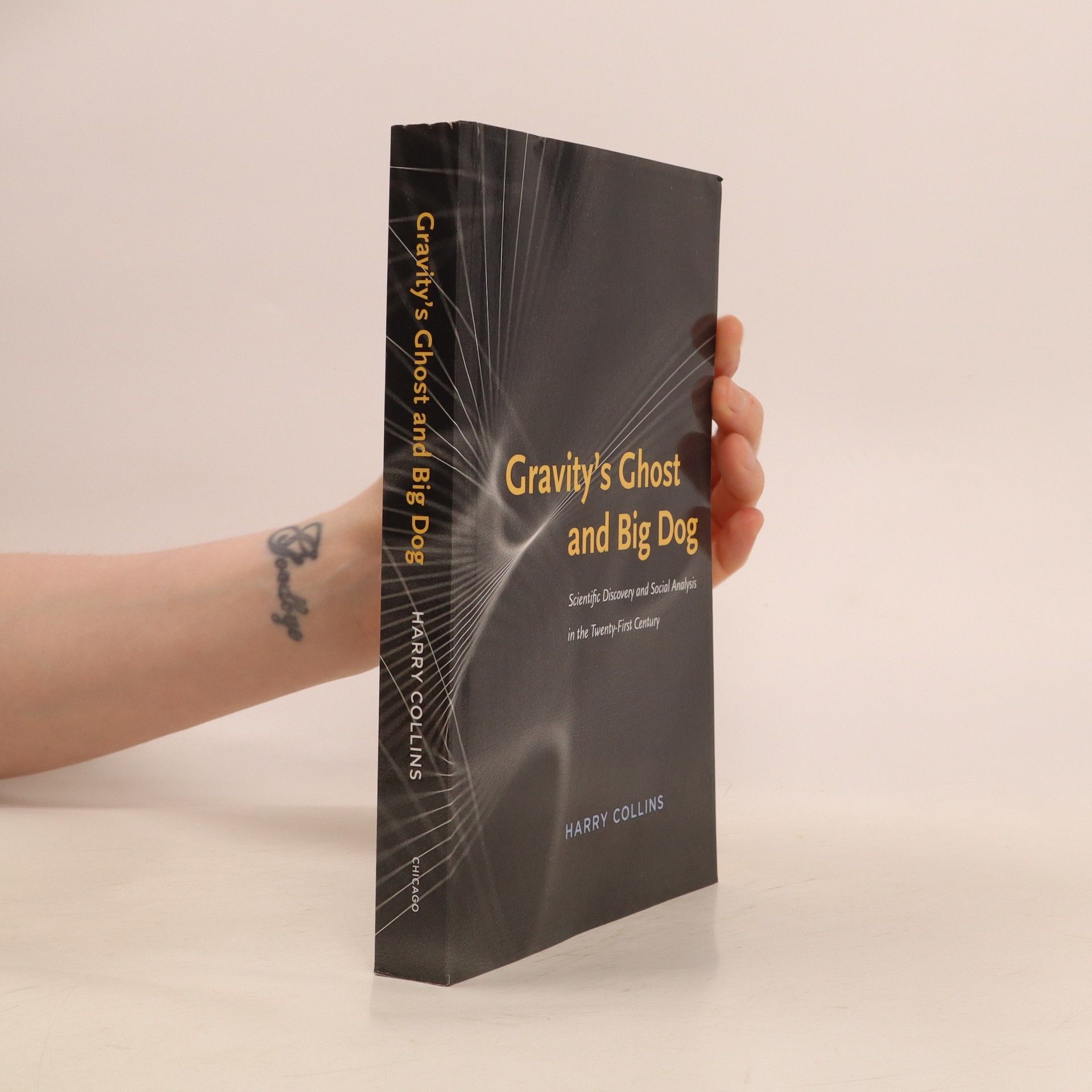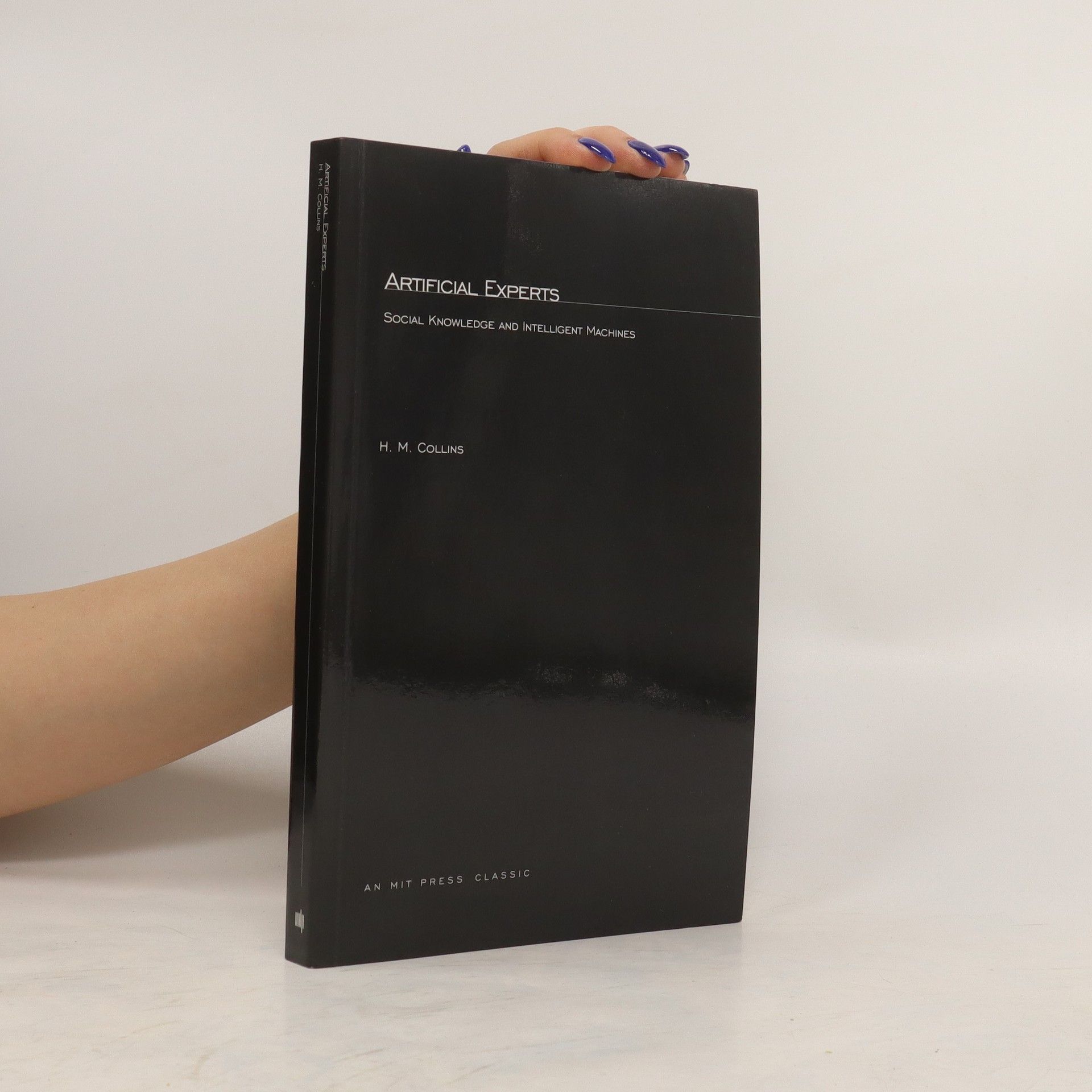Artificial Experts
- 280pages
- 10 heures de lecture
An in-depth look at the ordinary and extraordinary things computers can do.






An in-depth look at the ordinary and extraordinary things computers can do.
The authors demonstrate that the imperfections in technology are related to the uncertainties in science described in the first volume.
Gravity’s Ghost and Big Dog brings to life science’s efforts to detect cosmic gravitational waves. These ripples in space-time are predicted by general relativity, and their discovery will not only demonstrate the truth of Einstein’s theories but also transform astronomy. Although no gravitational wave has ever been directly detected, the previous five years have been an especially exciting period in the field. Here sociologist Harry Collins offers readers an unprecedented view of gravitational wave research and explains what it means for an analyst to do work of this kind. Collins was embedded with the gravitational wave physicists as they confronted two possible discoveries—“Big Dog,” fully analyzed in this volume for the first time, and the “Equinox Event,” which was first chronicled by Collins in Gravity’s Ghost. Collins records the agonizing arguments that arose as the scientists worked out what they had seen and how to present it to the world, along the way demonstrating how even the most statistical of sciences rest on social and philosophical choices. Gravity’s Ghost and Big Dog draws on nearly fifty years of fieldwork observing scientists at the American Laser Interferometer Gravitational Wave Observatory and elsewhere around the world to offer an inspired commentary on the place of science in society today.
What can humans do? What can machines do? How do humans delegate actions to machines?In this book, Harry Collins and Martin Kusch combine insights from sociology and philosophy toprovide a novel answer to these increasingly important questions.The authors begin by distinguishingbetween two basic types of intentional behavior, which they call polimorphic actions andmimeomorphic actions. Polimorphic actions (such as writing a love letter) are ones that communitymembers expect to vary with social context. Mimeomorphic actions (such a swinging a golf club) donot vary. Although machines cannot act, they can mimic mimeomorphic actions. Mimeomorphic actionsare thus the crucial link between what humans can do and what machines cando. Following a presentation of their detailed categorization of actions, theauthors apply their approach to a broad range of human-machine interactions and to learning. Keyexamples include bicycle riding and the many varieties of writing machines. They also show how theirtheory can be used to explain the operation of organizations such as restaurants and armies.Finally, they look at a historical case -- the technological development of the air pump -- applyingtheir categorization of actions to the processes of mechanization and automation. Automation, theyargue, can occur only where what we want to bring about can be brought about through mimeomorphicaction.
As the leading chronicler of the search for gravitational waves, Harry Collins has been right there with the scientists since the start.
Much of what humans know we cannot say. And much of what we do we cannot describe. For example, how do we know how to ride a bike when we can’t explain how we do it? Abilities like this were called “tacit knowledge” by physical chemist and philosopher Michael Polanyi, but here Harry Collins analyzes the term, and the behavior, in much greater detail, often departing from Polanyi’s treatment. In Tacit and Explicit Knowledge, Collins develops a common conceptual language to bridge the concept’s disparate domains by explaining explicit knowledge and classifying tacit knowledge. Collins then teases apart the three very different meanings, which, until now, all fell under the umbrella of Polanyi’s term: relational tacit knowledge (things we could describe in principle if someone put effort into describing them), somatic tacit knowledge (things our bodies can do but we cannot describe how, like balancing on a bike), and collective tacit knowledge (knowledge we draw that is the property of society, such as the rules for language). Thus, bicycle riding consists of some somatic tacit knowledge and some collective tacit knowledge, such as the knowledge that allows us to navigate in traffic.
Good,No Highlights,No Markup,all pages are intact, Slight Shelfwear,may have the corners slightly dented, may have slight color changes/slightly damaged spine.
What does it mean to be an expert? In Rethinking Expertise, Harry Collins and Robert Evans offer a radical new perspective on the role of expertise in the practice of science and the public evaluation of technology. Collins and Evans present a Periodic Table of Expertises based on the idea of tacit knowledge—knowledge that we have but cannot explain. They then look at how some expertises are used to judge others, how laypeople judge between experts, and how credentials are used to evaluate them. Throughout, Collins and Evans ask an important question: how can the public make use of science and technology before there is consensus in the scientific community? This book has wide implications for public policy and for those who seek to understand science and benefit from it. “Starts to lay the groundwork for solving a critical problem—how to restore the force of technical scientific information in public controversies, without importing disguised political agendas.”—Nature “A rich and detailed ‘periodic table’ of expertise . . . full of case studies, anecdotes and intriguing experiments.”—Times Higher Education Supplement (UK)
Through a series of intriguing case studies including the study of relativity, cold fusion, the "memory" in worms, and the sex life of lizards, this book debunks the view that scientific knowledge is a straightforward outcome of competent theorization, observation, and experimentation. The first edition generated much debate and controversy. This second edition contains a substantial new Afterword that responds to some of the criticisms made by scientists. A distinction is made between the responses of scientific fundamentalists who maintain the myth of scientific certainty and more serious-minded critics. In dialogue with these latter critics The Golem attempts to build an island of reasoned debate between the two cultures. It seeks to replace the "Science Wars" with mutual understanding.